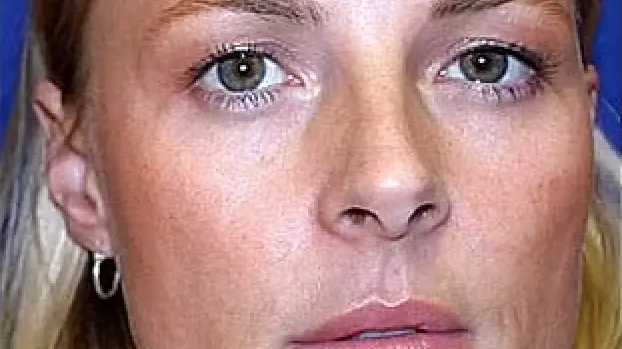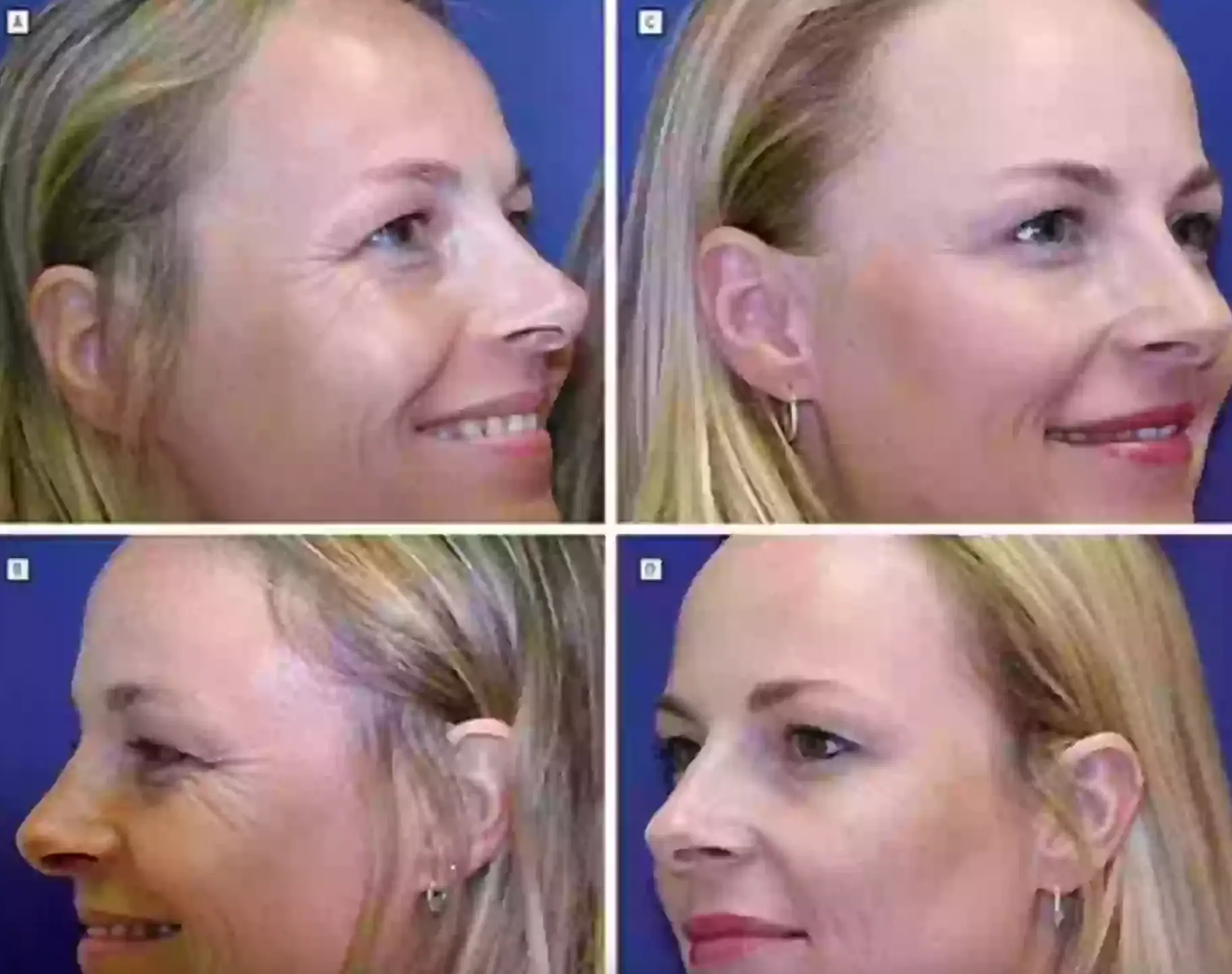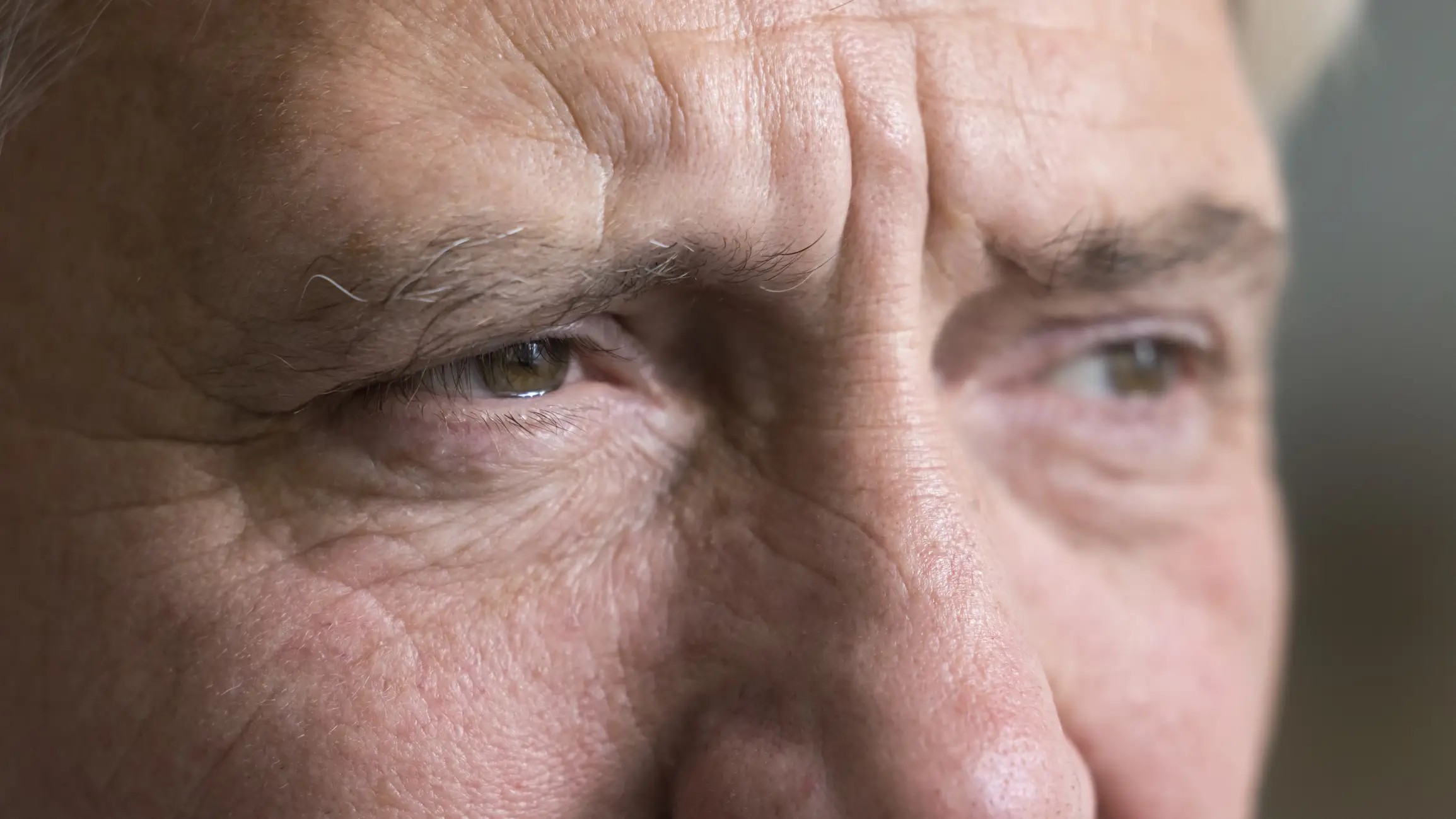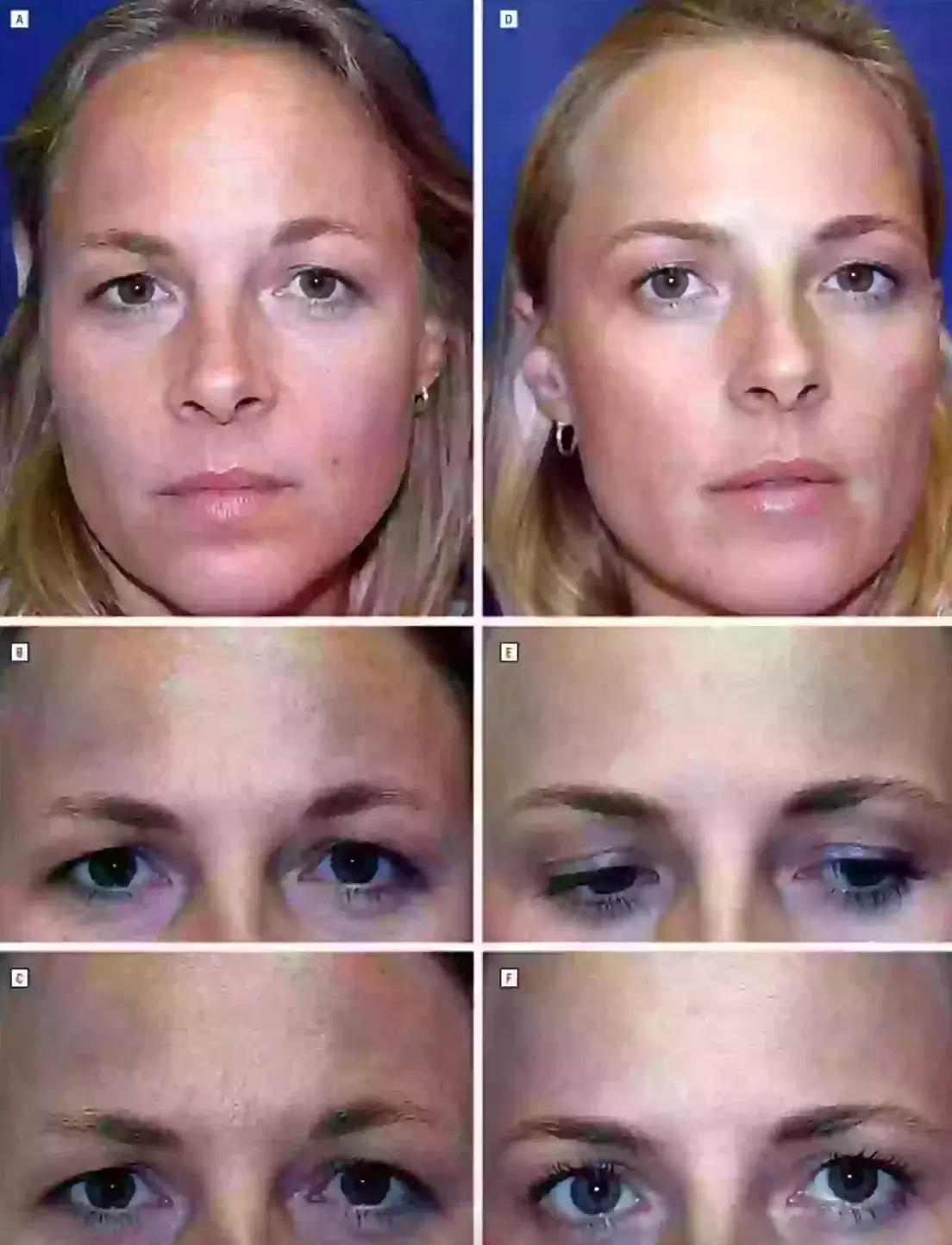
An expert has explained the effects of botox in the long-term, after results of a study focusing on the effects of the procedure on twins resurfaced.
The study was originally published in 2006 and followed a set of twins, with one of them being administered with injections in the forehead and between the eyebrows two to three times a year, while only having injections in the 'crow's feet' twice in the two years preceding the photos.
Her sister would then only had a couple of injections in her forehead and glabellar region in 1999 and 2003, and cut it out thereafter.

Advert
The scientific study concluded: "Long-term treatment with botox can prevent the development of imprinted facial lines that are visible at rest. Botox treatment can also reduce crow's feet.
"Treatment is well tolerated, with no adverse events reported during 13 years of regular treatment in this study."
The twin that didn't go through Botox was also found to have a puffier visage and a wider jaw, though it was unclear if this was due to the prescription drug.
Now, an expert has weighed in with what the long-term effects of botox, short for botulinum toxin, can have on your skin.
What is botox?
Botulinum toxin is a prescription drug that can be used to treat health conditions or to alter appearance for cosmetic reasons.
It is also the most commonly performed cosmetic procedure in the USA according to a 2014 study, despite the fact that the injections are temporary, as they only last for months at a time.
Cosmetic surgeon James Zins, MD, explained to Cleveland Clinic that you can't 'turn it on and off', as it's a 'gradual' process.
The wrinkle-free look takes work, with appointments needed every few months.
“Botox is temporary, so if there’s any adverse effect, that’s temporary as well,” the doctor said.
So, what are its main long-term causes?

Your muscles can weaken
It's almost like breaking your exercise routine for a few weeks - when you start up again, it can feel like hell.
Well, botox involves muscles too, and they start to weaken if they aren't used often.
Dr. Zins says that it can block neuro-communication between the nerve and muscle, 'causing weakening or paralysis of that muscle'.
So the longer you have botox in, the weaker your muscles could become - but if you were to stop using the injections, they would regain strength.
Less frowning
The medical expert explained: “With chronic use, sometimes, we can modify this behavior.
“We find that with repeated injections, people don’t frown as much, like if we inject the elevens - those vertical lines that appear between the eyebrows.”
Essentially, your muscles may 'forget' to frown over time, though scientists remain uncertain over the main cause of this.
Longer-lasting injections
Your first injections might only last three to four months on average, says Dr.Zins, as they gradually lose effect, but larger doses tend to last longer.
But the surgeon pointed out: “It seems like they may last longer with chronic use, though there’s not strong data to support it.”
This means that you could save a trip to the clinic, and spread them further apart.

They could stop future wrinkles from forming
It's a headline, admittedly, and it's why some younger people take mini doses of botox.
Wrinkles are a lot of people's worst nightmares, but Dr. Zins highlighted: “We don’t have hard data to support that theory, but it’s a reasonable assumption.
“Again, the concept there is that getting botox injections breaks the habit of frowning and either trains the muscles or causes them to weaken so they’re not as active.”
However, there isn't enough data to form a definitive answer - yet.
Botox loses effect with age
One effect that is a fact though, is that the older you are, and the more your wrinkles settle, the less of an effect botox can have.
It's a given, really, but Dr. Zins added: "When frown lines are present at rest, usually around age 60 or so, then botox is not going to be as effective as it is when you’re younger and your frown lines are present only with motion."
Some people may opt to use dermal fillers in this situation, a gel-like substance injected into your skin to help reduce wrinkles and fill out skin more.